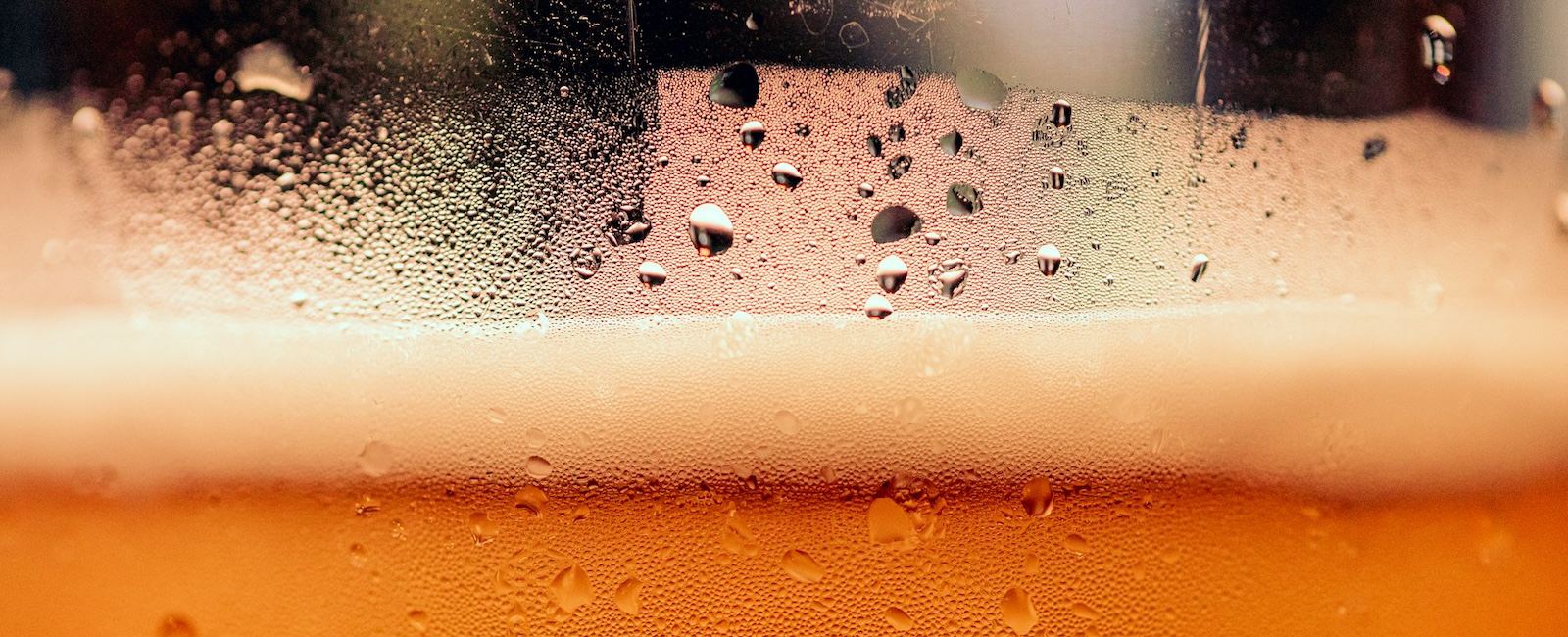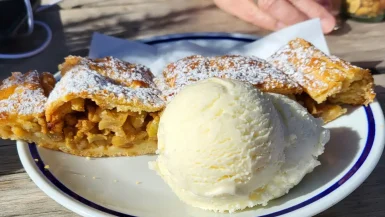Bavaria is globally renowned for its rich culture, breathtaking landscapes, and, perhaps most famously, its beer. The connection between Bavaria and beer is deep-rooted, spanning centuries and intertwining with the region’s social, economic, and political history. This article explores the historical journey of Bavarian beer, from its ancient origins to its current status as a symbol of Bavarian identity.
Bavarian Beer: Ancient Origins
Beer brewing in Bavaria dates back to ancient times, with evidence suggesting that Celtic tribes were brewing beer in the region as early as 800 BC. These early brews were quite different from what we know today, often flavored with a variety of herbs and spices.
Medieval Brewing and the Rise of Monasteries
The Middle Ages marked a significant period for Bavarian beer, primarily due to the influence of Christian monasteries. Monks became the primary brewers, refining the brewing process and enhancing the quality of beer. The Benedictine monastery of Weihenstephan, established in 725 AD, is considered the world’s oldest continuously operating brewery. These monastic brews laid the foundation for Bavaria’s brewing traditions.
The Reinheitsgebot: The Beer Purity Law of 1516
One of the most pivotal moments in Bavarian beer history was the enactment of the Reinheitsgebot, or Beer Purity Law, in 1516 by Duke Wilhelm IV. This law stipulated that beer could only be made using three ingredients: water, barley, and hops. Yeast was later added to the list once its role in fermentation was understood. The Reinheitsgebot aimed to ensure the quality and safety of beer, preventing the use of harmful additives and preserving the purity of Bavarian brews. This regulation is still in effect today, symbolizing the region’s commitment to brewing excellence.
Industrialization and the Growth of Breweries
The 19th century brought industrialization to Bavaria, significantly transforming the beer industry. Technological advancements such as refrigeration and the development of the steam engine enabled year-round brewing and the production of lagers. This period saw the rise of many famous Bavarian breweries, including Spaten, Paulaner, and Hofbräuhaus, which expanded their reach beyond regional borders.
Oktoberfest: A Celebration of Bavarian Beer
No discussion of Bavarian beer is complete without mentioning Oktoberfest. First held in 1810 to celebrate the marriage of Crown Prince Ludwig and Princess Therese, Oktoberfest has grown into the world’s largest beer festival, attracting millions of visitors annually. The festival features traditional Bavarian music, food, and, of course, beer, showcasing the region’s brewing heritage.
Modern Brewing and Craft Beer Movement
In recent decades, the global craft beer movement has also influenced Bavaria. While traditional brewing methods remain highly valued, many Bavarian breweries have begun experimenting with new styles and flavors. This blend of tradition and innovation ensures that Bavarian beer continues to evolve while honoring its storied past.
The Economic Impact of Beer in Bavaria
Beer is not just a cultural symbol in Bavaria; it is also a significant economic driver. The region is home to over 600 breweries, producing more than 4,000 different beers. The beer industry supports thousands of jobs and contributes substantially to the local economy through tourism, especially during events like Oktoberfest and Starkbierfest (Strong Beer Festival).
Cultural Significance and Traditions
Beer in Bavaria is deeply embedded in the social fabric of the region. Beer gardens, or Biergärten, are a quintessential part of Bavarian life, serving as communal spaces where people of all ages and backgrounds gather to enjoy a Maß (liter) of beer and traditional Bavarian food. These gardens originated in the early 19th century and remain popular today, embodying the region’s convivial spirit.
Conclusion – Bavarian Beer
The history of Bavarian beer is a testament to the region’s dedication to brewing excellence and its ability to adapt and innovate over centuries. From ancient Celtic brews to the strict regulations of the Reinheitsgebot, and from the industrial boom to the modern craft beer movement, Bavarian beer has remained a central aspect of the region’s identity. Whether enjoyed in a historic beer hall or a sunny beer garden, a Bavarian beer is not just a drink; it is a taste of history, culture, and tradition.
Bavaria’s relationship with beer is a rich tapestry woven with tradition, innovation, and a deep appreciation for quality. As we raise our glasses to this storied history, we celebrate not just the beer itself but the enduring spirit of Bavaria that continues to brew excellence with every pint. Prost!
Book recommendations *:
*This Blog contains referral links, which are marked with *. This means no additional costs for you, but: If you buy something through one of these links, I will receive a small commission. This helps me to run this site and supports the blog and my work. Thank you very much!


